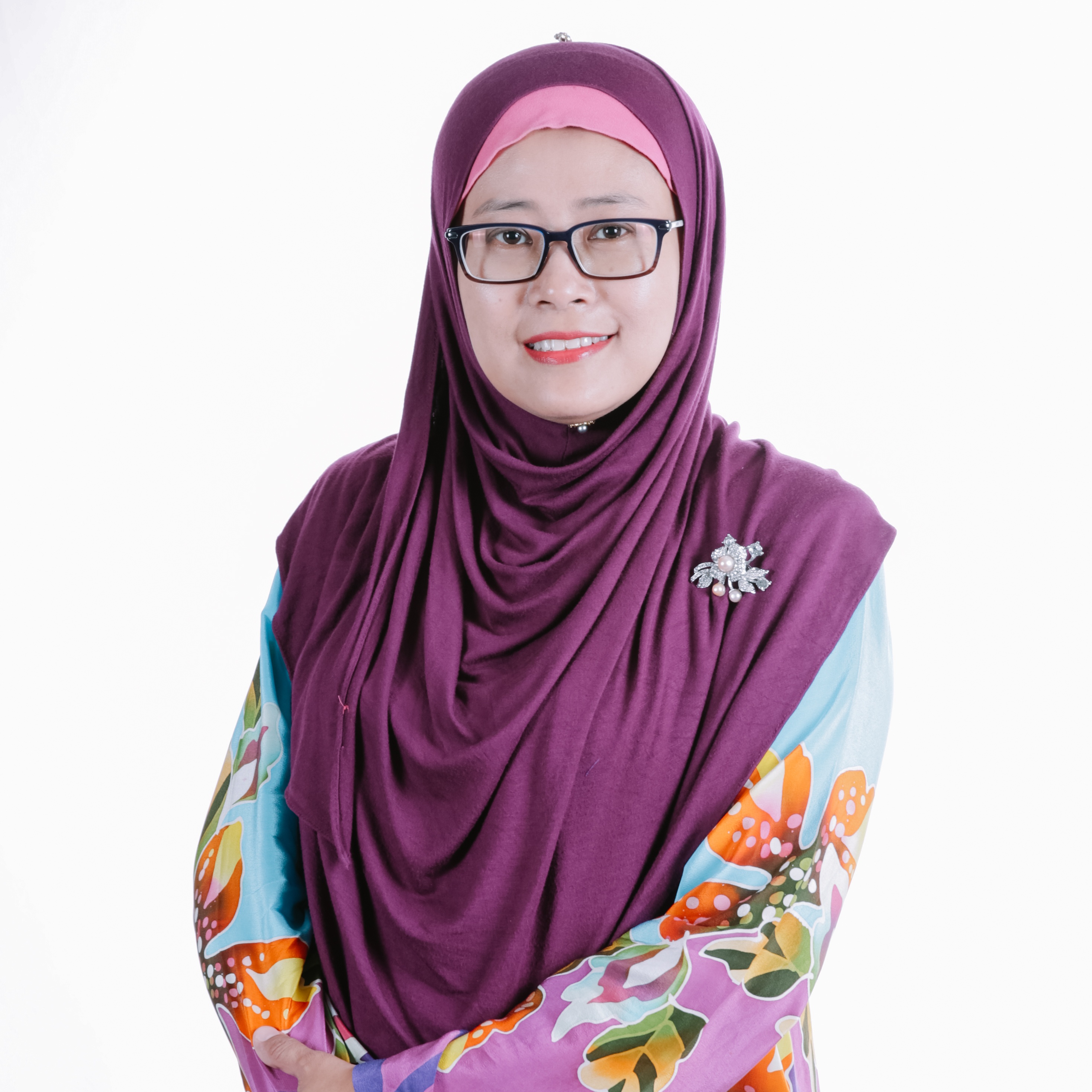UTM Encouragement Grant (UTMER) 1 October 2020 – 30 September 2023
ESL Learning Model for Grammatical Correctness in Complementary with Employability for Science and Engineering Students
Executive Summary:
Malaysia Education Blueprint 2013-2025 (2013) emphasizes that it is imperative for Malaysia to strengthen its position in the global economy. Hence, Malaysian education system in comparison with China, Singapore and South Korea is focused on ensuring their students are proficient in both the national language and English language in order to maximize their employability in the global workforce. This calls for a fundamental research to identify the obstacles faced in achieving the desired employability. Universiti Teknologi Malaysia (UTM), being a leading innovation-driven entrepreneurial research university in engineering, science and technology, has long realized in this modern competitive world, mastering one’s own academic field is not adequate for fresh graduates to secure a promising job. Aligned with Strategic Thrust T1 – Holistic, Innovative and Entrepreneurial Academia, UTM aspires to produce marketable graduates to support and sustain the nation’s economic development. English language skills are undoubtedly considered part of prized employability today irrespective of the academic fields of fresh graduates. However, these graduates have problems with written communication compared to oral communication because the latter can utilize paralinguistic and non-verbal features to express and understand the intended message. The former demands several aspects such as accurate grammar, punctuation, spelling and vocabulary. Several research on grammatical errors conducted previously are mostly concentrated on general English writings. Hence, the aim of this study is to identify and analyze grammatical errors in engineering writing from academic and professional perspectives. It is expected that the present study will reveal the real grammatical problems that English as a Second Language (ESL) undergraduate engineering students face with academic and professional writing. Understanding the nature and patterns of errors is really important to minimize learner errors, and thus the study findings will immensely contribute to the development of an ESL learning model that boosts employability of engineering graduates


